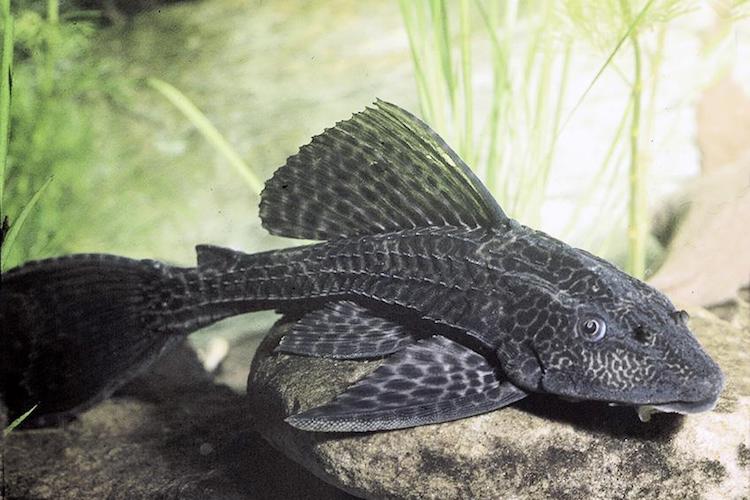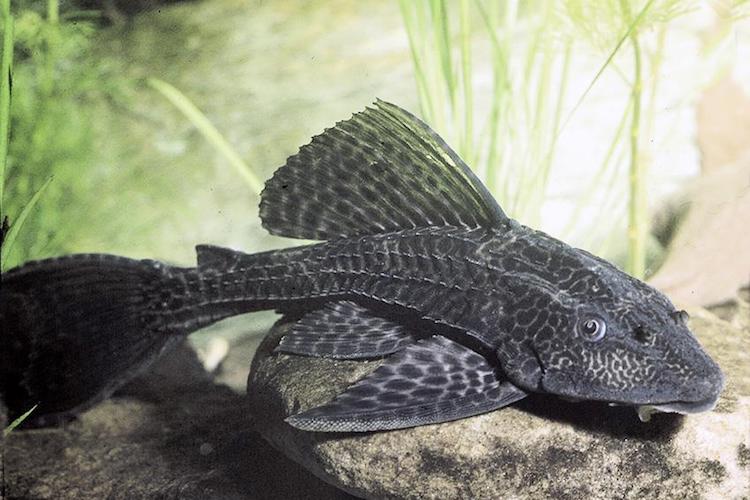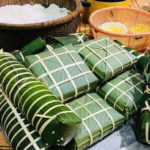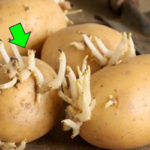Catfish
According to nutrition experts, the smooth-skinned fish, particularly catfish, is the species of fish originating from the tropical region of Africa. Nowadays, the most popular smooth-skinned fish in the market is the indigenous catfish of our country, with a moderate size and a taste that melts in your mouth, making it highly favored by many people. This fish can be prepared into various dishes that people love, such as braised fish, fish soup, or grilled fish. However, this type of fish has a good adaptability to the environment, strong disease resistance, and belongs to the detritus-feeding community, with abnormal eating habits. They can survive in places like foul drains underneath layers of long-standing muddy sludge. That’s why catfish is prone to lead and heavy metal contamination, so consumption should be limited.

Tilapia
Tilapia is an edible fish. Tilapia has the characteristic of fast growth, non-picky eaters, fast reproduction, few diseases, and they feed on rotten plants, animal excreta, and decaying animal carcasses. Therefore, this species is susceptible to heavy metal contamination caused by environmental pollution.
The biggest advantage of tilapia is that it has very few small fish bones in its meat. It has a flat body, high back, and is a fish that is commonly used for grilling, making it very suitable for children and the elderly.
Tilapia is a fish that can live in water. For them, as long as the water temperature is sufficient, even if the water quality is poor, it’s fine, so whether tilapia is dirty or not depends on its living environment. Try not to eat tilapia caught in the wild, you should choose farmed fish that have been vetted. Therefore, you should also limit eating this type of fish every day, it’s better to eat it occasionally.

Bottom Feeder Fish
Bottom feeder fish are often used by people to clean aquariums. Although the fish itself is not toxic, it is really not advisable to eat them because, as the name suggests, bottom feeder fish eat everything, including waste debris in the water. They not only eat fish eggs but also eat the excrement of other fish, so releasing one into a fish tank can help filter the water.
The harmful substances that the bottom feeder fish consume will accumulate and remain in their bodies, causing their stomach cavities to contain a large number of bacteria and parasites. In addition, if they absorb heavy metals such as lead and mercury, their levels are much higher than other fish, which can cause headaches and harm the liver and kidneys if consumed regularly. Moreover, if the parasites are not properly treated, they can invade the human body and cause damage to the nervous system, or even death. Bottom feeder fish have a strong ability to survive and can exist for a long time even in waterless places.
8 Common Mistakes People Make with Cutting Boards
Are you using your cutting board correctly? Many Vietnamese households rely on cutting boards in their kitchen, but not everyone knows how to use them properly, especially when it comes to wooden cutting boards. Check out these 8 mistakes to avoid when using a cutting board to ensure both hygiene and safety for everyone in your family.
Is Refrigerated Leftovers Linked to an Increased Risk of Cancer?
Dr. Lam Van Man, Head of Research, Development and Technology Transfer Department of the Institute of Safety Food, has warned of the risk of food poisoning when reheating leftovers from the refrigerator. But what should we be aware of when it comes to the possibility of these leftovers causing cancer? Here, we explore what the experts have to say on the matter and offer some tips for safe eating.
Preserving Leftover Food from the Tet Holiday
With the beginning of the Lunar New Year, many households are stocking up on food to celebrate the festive occasion. While keeping food in the refrigerator is convenient, it can also be harmful to users if not done correctly. We have compiled a few tips to help ensure food remains fresh and safe to consume during Tet.





































